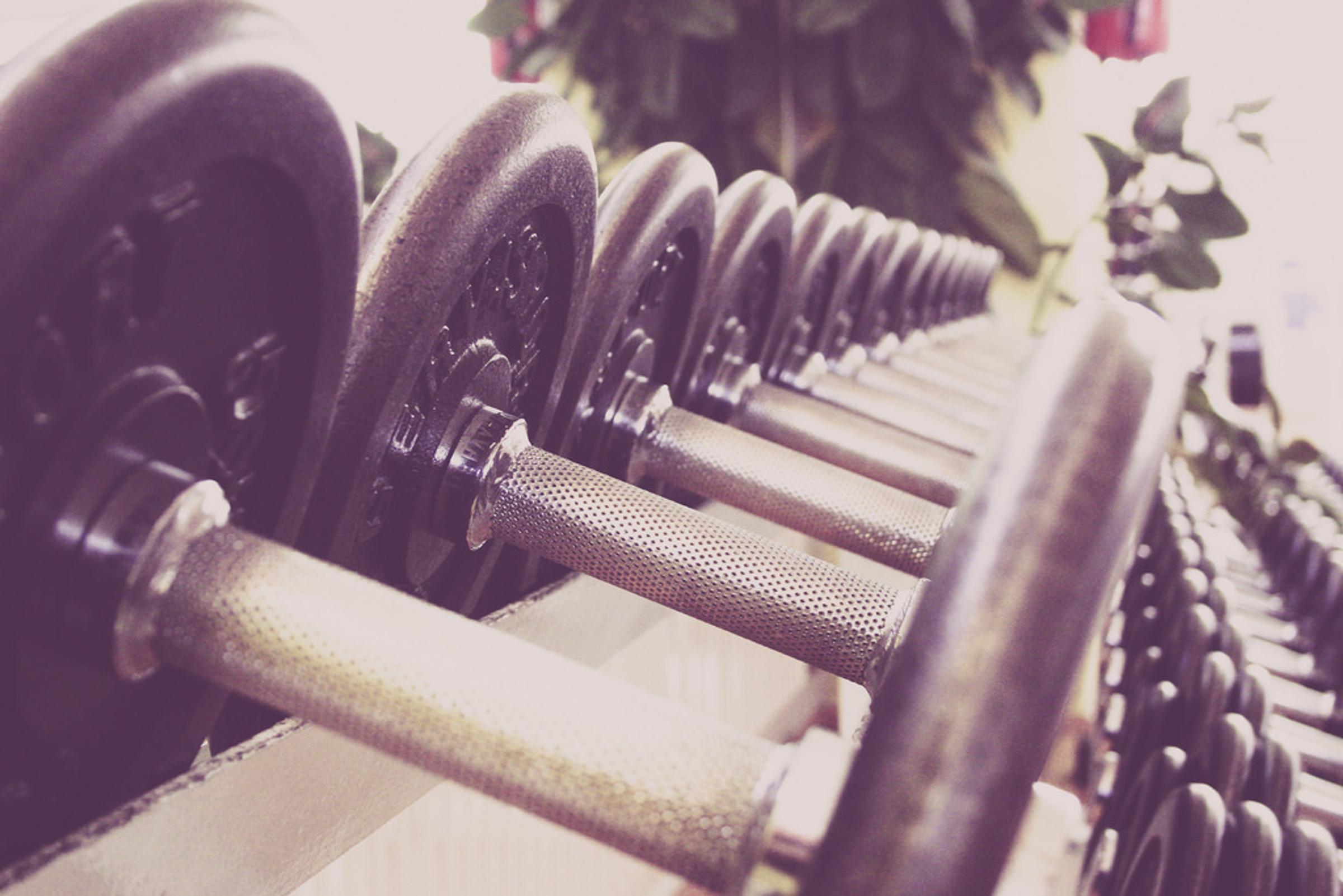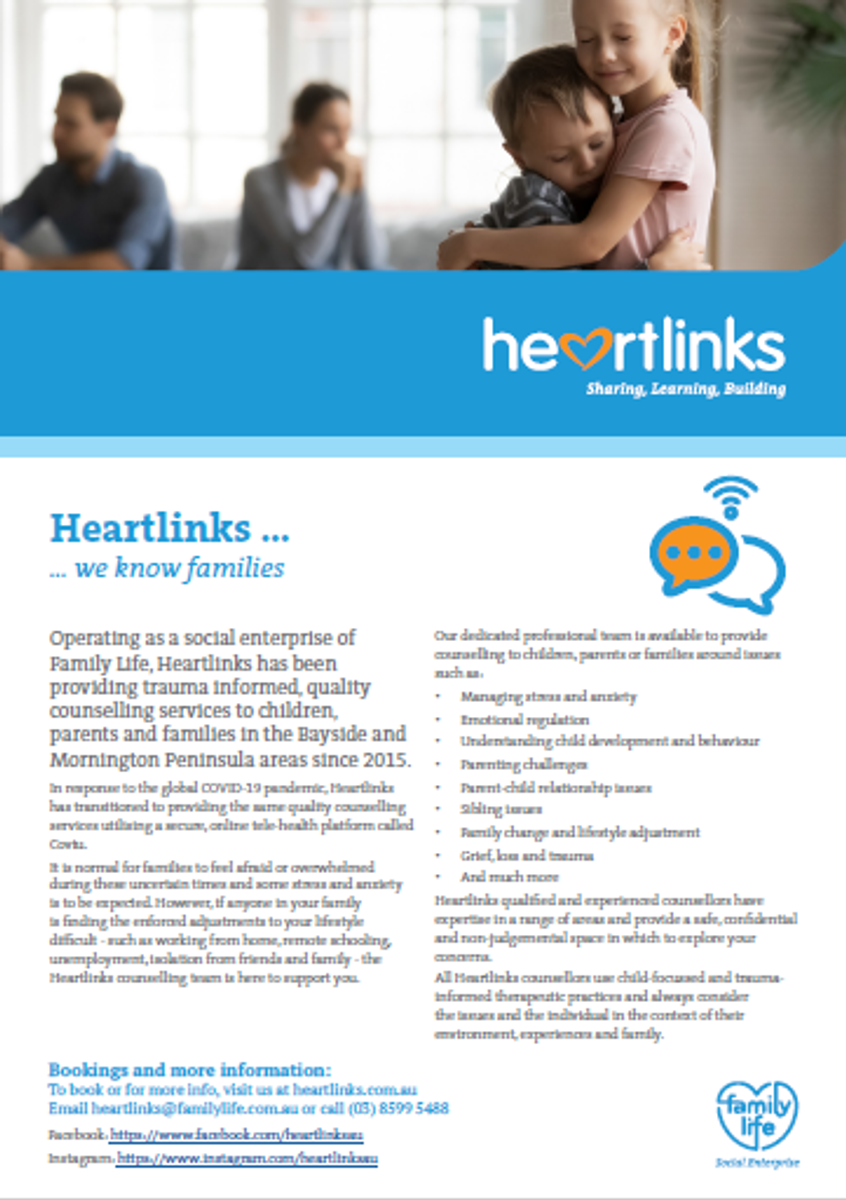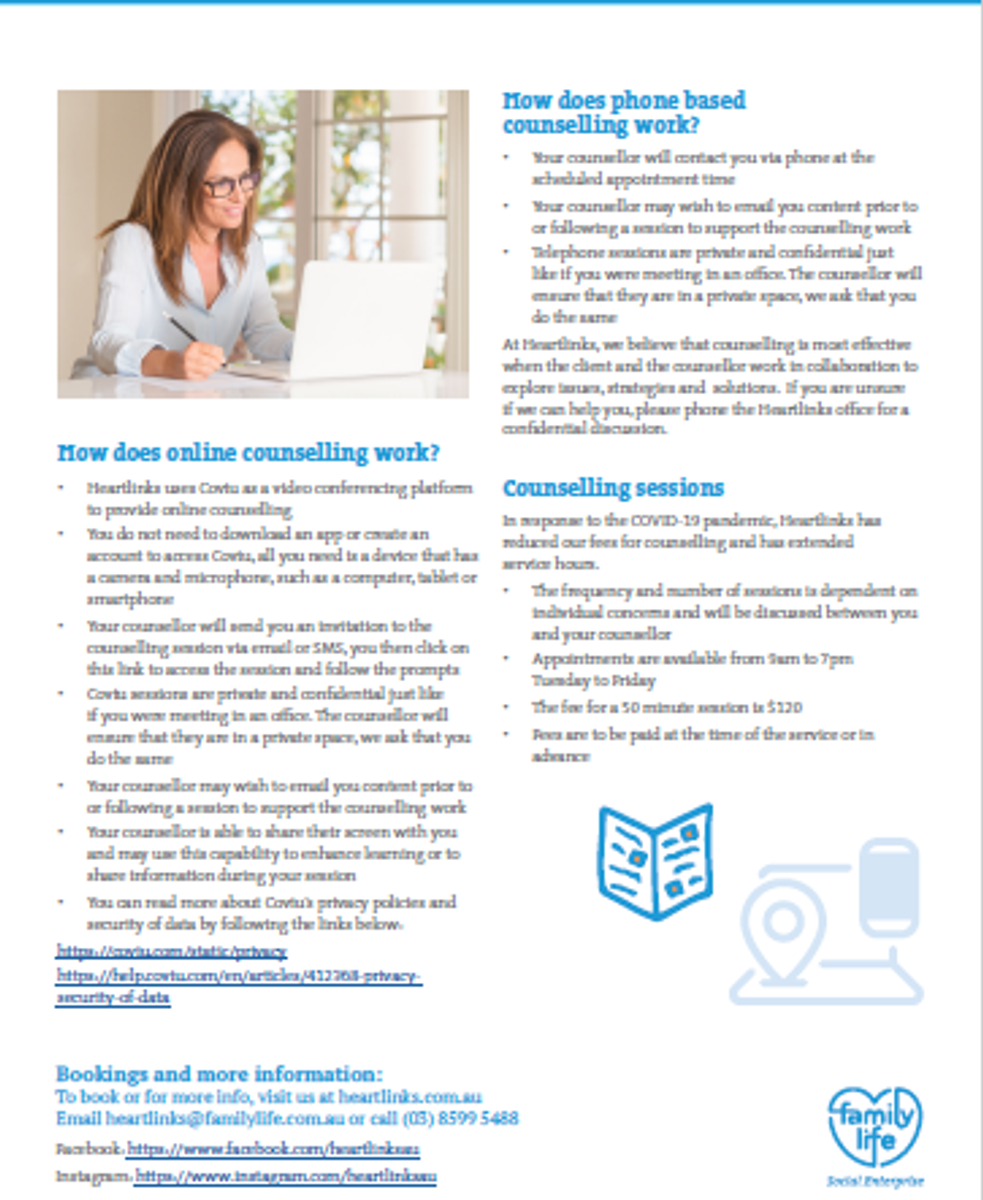Wellbeing Matters

Wellbeing Matters
Welcome back to Term 2 and to Flexible & Remote Learning @BSC…for now. I hope you have had a chance to read our Wellbeing Supports During Flexible & Remote Learning” document, if not I have included it below. If you have any concerns about your child’s wellbeing do not hesitate to contact their GOAL Mentor, who will be monitoring them on a weekly basis or you can contact me directly at yucel.dilek.a@edumail.vic.gov.au. In this time of change with schooling at home there may be some teething issues and some time needed to adjust to the new routine at home. However, when speaking to a number of our students today , they are reporting that they are mostly enjoying working from home.
I highly recommend the following article from the Huffington Post on “How to Answer Your Kid’s Coronavirus Question, ‘When Will This be Over’
https://www.huffpost.com/entry/how-to-answer-kids-coronavirus-question_l_5e8f923cc5b6458ae2a60c75
I have also included a FREE parent webinar on Screen Time & Schooling from Home that will be on Tuesday 21st April evening at 5:00pm.
Take Care & Stay Safe.
Dilek Yucel
Head of Wellbeing
Youth Leadership Academy
Heartlinks
Wellbeing Supports for Flexible and Remote Learning
During flexible and remote learning, students may still need access to wellbeing support. We are continuing to implement a range of strategies to support our students and families.
How will Beaumaris Secondary College maintain continuity of wellbeing support?
- Wellbeing staff will continue to liaise with students who have been receiving wellbeing support via phone, Teams/Meet Now and/or email.
- GOAL Group will continue to run on Monday in Session 1.
- GOAL Mentors will send a Wellbeing Microsoft Form to students in session 1 on Mondays to ascertain how students are managing with remote learning and request wellbeing support if needed.
- GOAL Group is an opportunity for mentors to monitor how students are managing with remote learning and other issues and maintain connections with their peers.
- All our teachers will continue to monitor and assess the needs of our students and will make the appropriate referrals where necessary via the Wellbeing Referral template in Compass.
- The wellbeing team will share resources and strategies via Teams and/or Compass to support students, parents and staff regarding their health and wellbeing.
What should students do if they need wellbeing support?
- Students can email their GOAL Mentor.
- Students may request support via the Wellbeing Check-In Microsoft form.
- Students can email Dilek Yucel on yucel.dilek.a@edumail.vic.gov.au to raise any issues or concerns.
How can parents make referrals to the wellbeing team?
- Parents will also be able to contact their child’s GOAL mentor through the Compass portal to make a referral.
- Parents are able to contact the wellbeing team by emailing yucel.dilek.a@edumail.vic.gov.au or calling on 0428 931 047 during school hours.
What External Student Wellbeing Supports can I access?
Families are encouraged to contact the following service providers for further support.
- https://headspace.org.au/eheadspace/ - Online counselling services
- Headspace - 1800 367 968 - counselling and support services
- Kids help line - 1800 55 1800 - phone counselling
- Kids help line - https://kidshelpline.com.au/ - virtual counselling
- Reach out - https://schools.au.reachout.com/articles/recommended-online-counselling-treatment-services - provides a full list of additional services.
How can students support their own mental health?
Activity:
30 minutes of physical activity per day. Try an online workout https://www.gymone22.com/. You could also try a meditation and these are free at https://www.smilingmind.com.au/
Nutrition:
Try and eat balanced meals every day while drinking plenty of water and liquids.
Excess sugar can increase anxiety! https://www.eatforhealth.gov.au/
Sleep:
Students need 8-10 hours a night sleep. Practice good pre sleep habits. Having an hour away from a screen before bed. Try reading or meditating. Here are some good strategies from the sleep centre https://www.sleepfoundation.org/articles/teens-and-sleep
https://www.headspace.com/sleep/sleep-hygiene
Managing Social Media:
Social media platforms like Snapchat, Instagram, Facebook, tiktok etc..have many benefits in helping students connect with their peers. However, too much time spent on social media can lead to being disconnected from the real world, online bullying, having reduced self-esteem and being harassed or annoyed by someone you do not want attention from. https://au.reachout.com/articles/5-ways-to-tame-your-social-media-use
-
-
-
- Keep apps out of sight, so they’re out of mind
- Limit your time on social media, use your Do Not Disturb feature while you are learning
- Spend at least an hour a day on a screen-free hobby
- Put your phone away during meals so that you can interact with others in your household
- Leave your phone outside your bedroom to ensure you get an uninterrupted nights sleep.
-
-
What do I do if my child is experiencing cyber-bullying issues?
Cyber-bullying consists of covert, psychological bullying, conveyed through the electronic mediums such as mobile phones, Teams, web-sites, on-line chat rooms. It is verbal (over the telephone or mobile phone), or written (flaming, threats, racial, sexual or homophobic harassment) using the various mediums available including all forms of social media.
- Don’t respond to the messages being sent
- Screen shot the messages/images
- Block the person
- If the issue is school related contact Peter Bartlett or Deb Kirk during school hours.
- Contact Victoria Police.
How do I monitor and manage my child’s use of social media?
We would recommend that:
- students should not have access to phones during remote learning sessions



